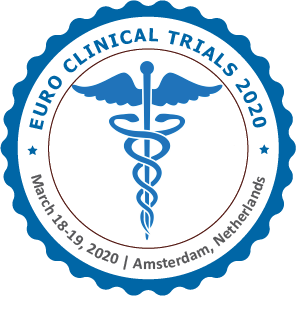
Ahmad Al-Azayzih
Department of Pharmacology and Therapeutics, UAE
Title: Potentially Inappropriate Medications Prescribing among Elderly Patients in Jordan
Biography
Biography: Ahmad Al-Azayzih
Abstract
Due to aging, along with its associated physiological changes, older adults are extremely vulnerable to be afflicted with multiple chronic conditions (Multimorbidity). Accordingly, prescribing a large number of drugs to older adults would be inevitable. Resulted complex drug regimens can lead to prescribing of Potentially Inappropriate Medications (PIMs) with subsequent negative health and economic outcomes.
Aims: The main aim of this study is to measure the prevalence and predictors of PIMs prescribing among Jordanian elderly outpatients, using the last updated version of the American Geriatrics Society (AGS) Beers Criteria.
Method: A Unicenter, retrospective cross-sectional study conducted over three months period. Our study included patients aged 65 years or above who visited the outpatient clinics at King Abdullah University hospital (KAUH) and were prescribed at least one oral medication during the study period. PIMs were identified for these patients and further classified according to the 2015 AGS Beers Criteria.
Results: A total of 4622 eligible elderly adults were evaluated in this study, of whom 62.5% (n=2891) were found to have at least one PIM prescribed during the three months study period. 69% of identified PIMs were medications to be used with caution in elderly, 22% were medications to avoid in many or most older adults, 6.3% were medications to be avoided or have their dosage adjusted based on kidney function in older adults, 2.04% medications were to avoid in elderly patients with specific diseases/syndromes, and 1.6% were potentially clinically important non-anti-infective drug-drug interactions to be avoided in older adults. Female gender and polypharmacy were found to be significant predictors of PIMs use among elderly.
Conclusion: Potentially Inappropriate Medication prescribing is common among Jordanian elderly outpatients. Female gender and polypharmacy are associated with more PIMs prescribing and so need further attention.

